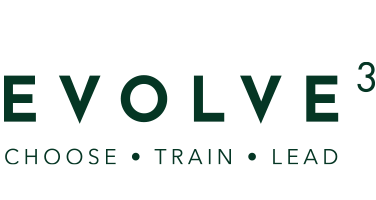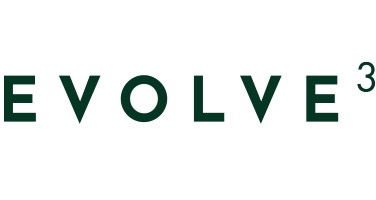
27 Oct The increased risk of not training leadership communication and what to do about it
In 2024, Australia introduced new Fair Work laws that make it a criminal offense for employers to allow or overlook bullying, harassment, or intentional wage underpayments. These reforms represent a significant shift in workplace accountability, especially within sectors like hospitality, where labour issues such as harassment, underpayment, and high staff turnover are common.
Under these changes, employers can now face severe penalties, including fines and potential jail time, if they permit abusive behaviours or fail to create safe, respectful workplaces. Specifically, company executives or owners could be held criminally liable if bullying or harassment by managers, supervisors, or colleagues is allowed to persist without appropriate intervention. This reinforces the duty of employers to foster a workplace environment that prioritises employee wellbeing.
For hospitality businesses, this means a heightened focus on training, setting clear policies on acceptable behaviour, and creating channels for employees to report issues confidentially. Employers are encouraged to actively prevent any form of harassment or exploitation, as failing to do so can now lead to direct legal consequences, including substantial fines for the company and possible prison terms for individuals responsible for compliance.
To comply with the new Fair Work laws against bullying, harassment, and wage underpayments, employers in hospitality should consider implementing comprehensive, ongoing training programs. These programs can be divided into several essential components to address various legal obligations and workplace culture improvements.
1. Anti-Bullying and Harassment Training
Awareness Training: This training educates employees about what constitutes bullying and harassment, focusing on behaviour that might often be overlooked. Emphasis should be placed on identifying verbal, physical, and psychological forms of abuse.
Managerial Responsibilities: Since managers can be held accountable, they should be trained in preventing, recognising, and responding to harassment. Training should highlight the legal implications of ignoring or mishandling harassment complaints and teach managers how to act as role models.
Handling Complaints: Equip managers and HR personnel with the skills to handle harassment complaints sensitively and confidentially, ensuring that employees feel safe to report issues without fear of retaliation.
2. Workplace Rights and Responsibilities Training
Legal Compliance: Focused training on employees’ rights can help prevent unintentional wage underpayments and educate staff about the correct handling of overtime, breaks, and casual employment entitlements. This is particularly important in hospitality, where shift work can lead to misunderstandings about pay.
Documenting Procedures: Training on maintaining accurate records of employee hours, wages, and superannuation payments should be included. Ensuring precise documentation protects employers and aids in avoiding legal issues related to underpayment.
3. Creating a Respectful Workplace Culture
Cultural Sensitivity and Inclusion: As most hospitality environments include diverse staff and customer interactions, training on cultural sensitivity can improve these interactions, reduce conflicts, and foster inclusivity.
Conflict Resolution: Teaching employees and managers effective ways to resolve conflicts can prevent minor issues from escalating into harassment. Training in conflict resolution techniques, such as active listening and de-escalation, will contribute to a harmonious workplace.
4. Regular Refresher Training and Assessments
Annual Refreshers: Regular training updates keep employees informed of any new legal obligations. Annual refreshers reinforce the importance of adhering to workplace laws.
Assessments and Scenario-Based Training: Role-playing exercises or scenario-based training can effectively reinforce the material and ensure that employees understand how to act in specific situations they may encounter.
Integrating these training elements can help hospitality businesses not only comply with the new Fair Work laws but also promote a healthier, more inclusive workplace culture that prioritises employee wellbeing and respect.
Consider attending our How To Lead – communication essentials for hospitality leaders 2-day workshop.
This workshop teaches a set of communication skills that will enable you to handle people in a positive manner while maintaining the morale, job satisfaction and productivity of your team.



